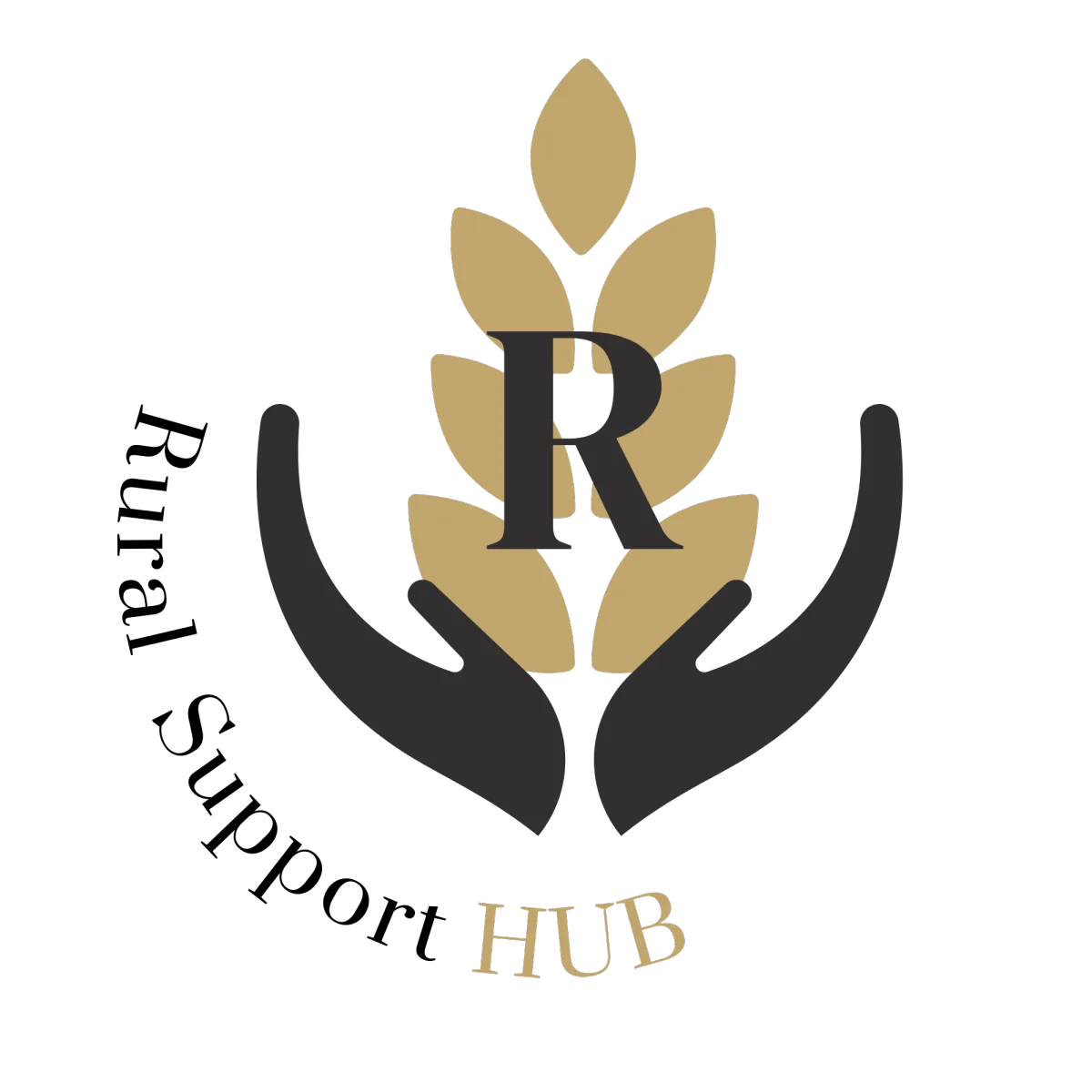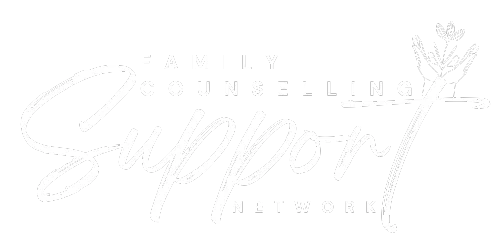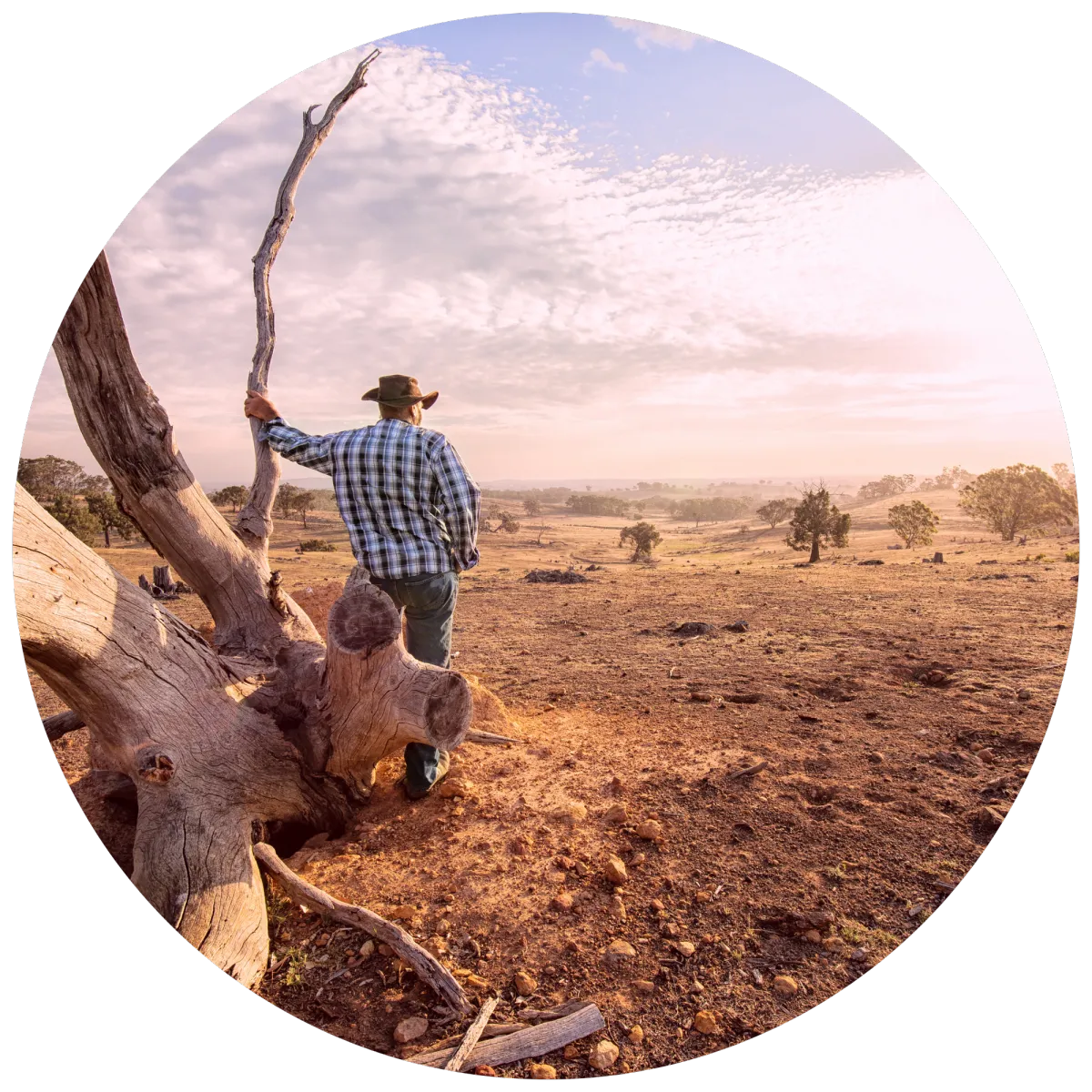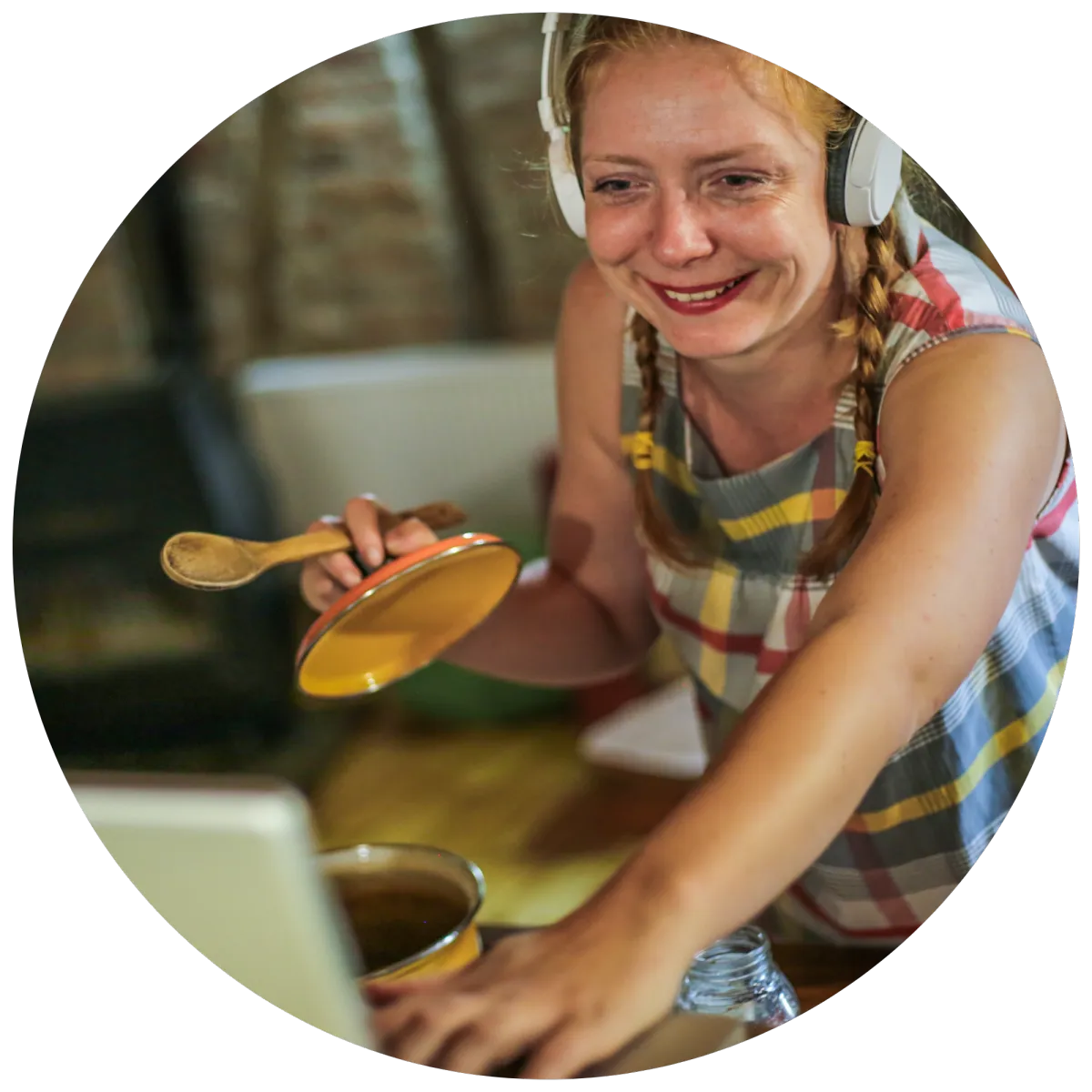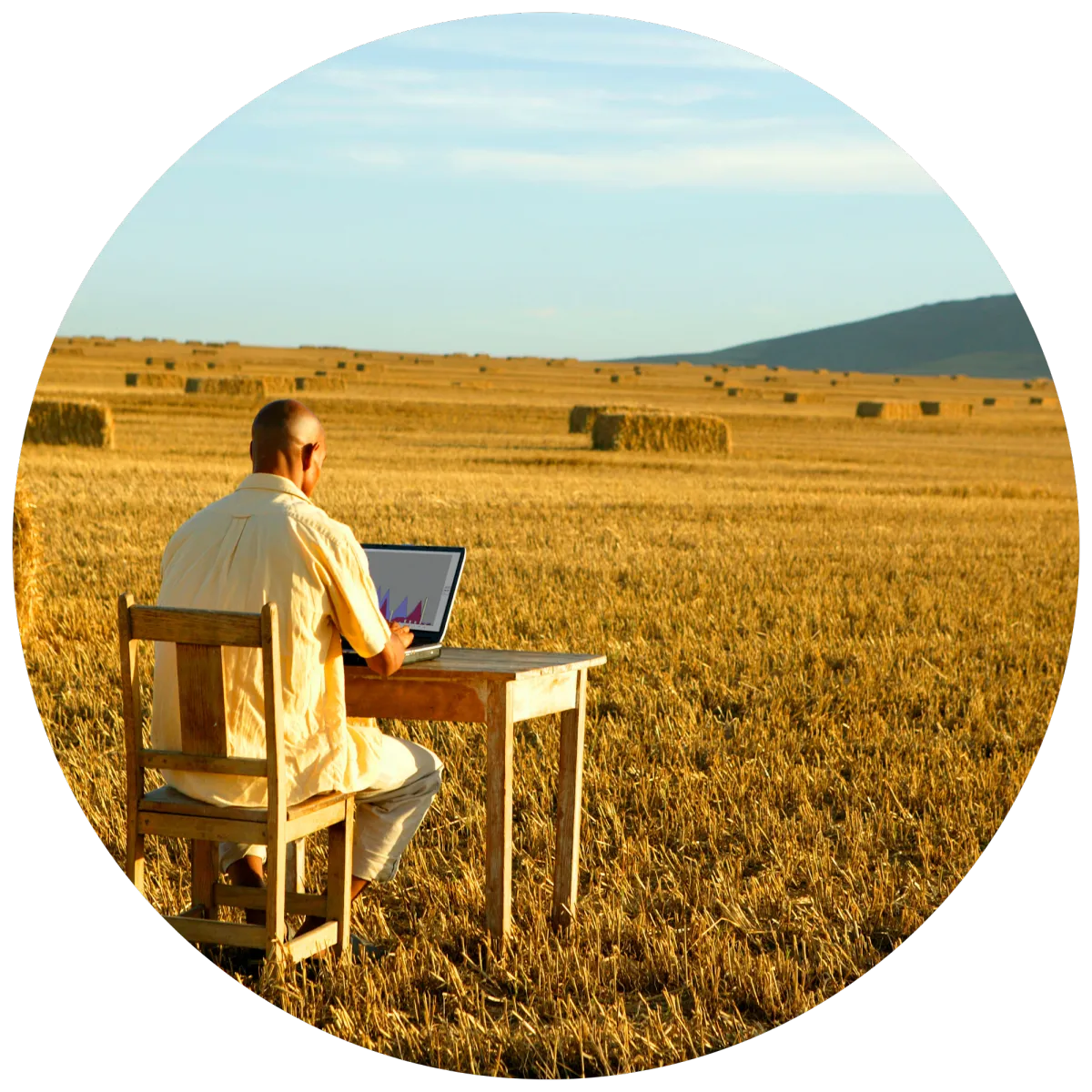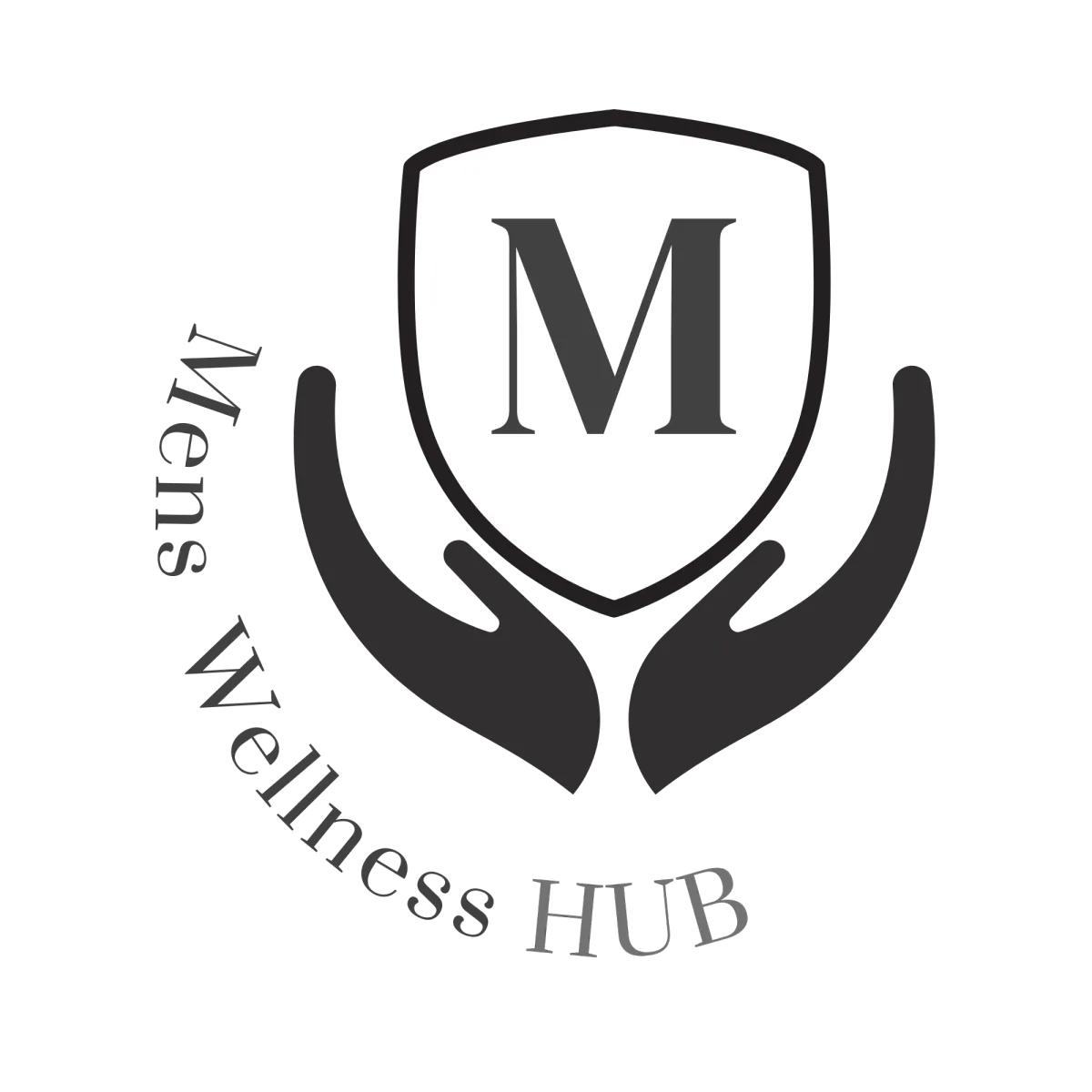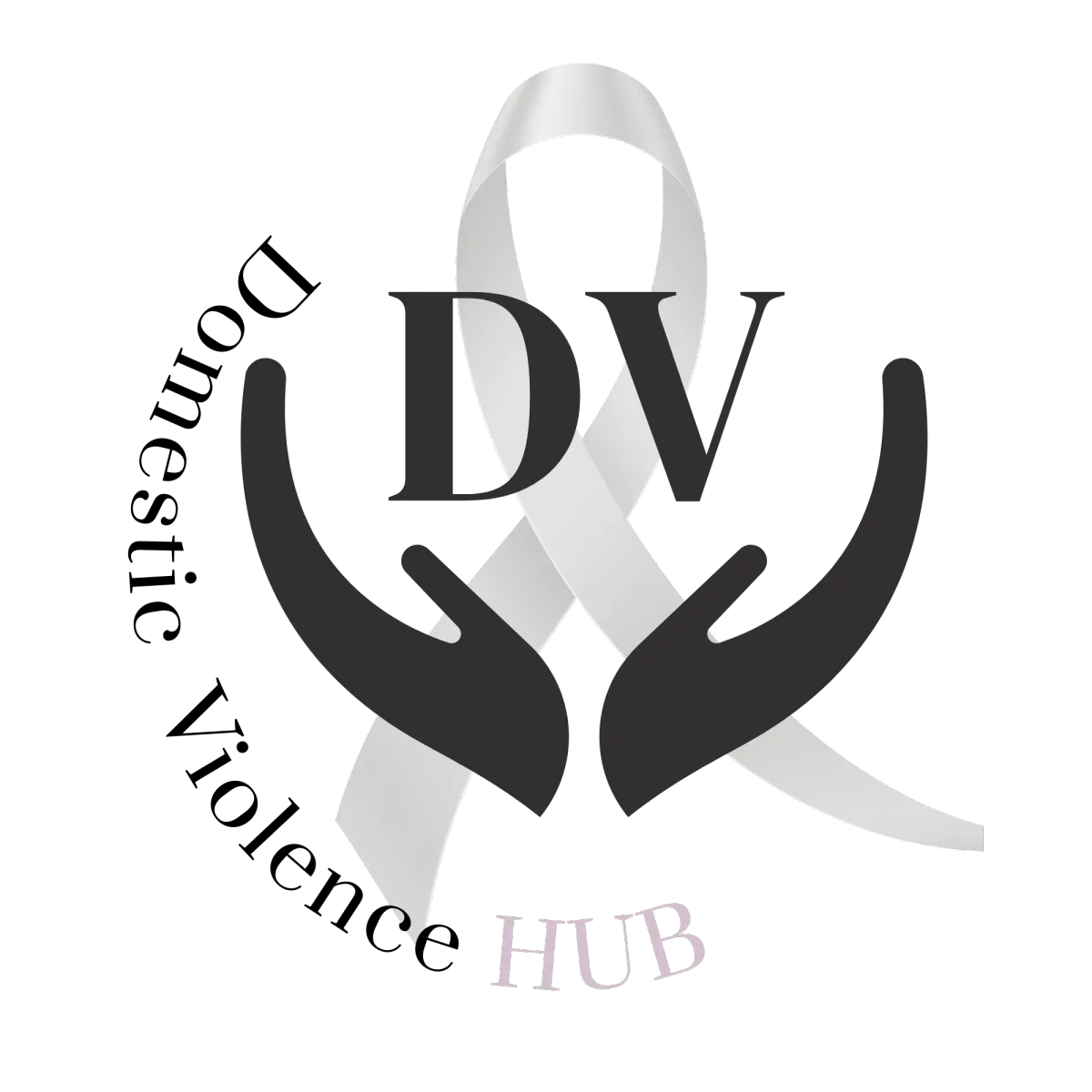Online Support Services
This website is under construction
Rural Women's Support hub is part of the Family Counselling Support Network company
which offers Australians health and wellness support no matter who, where and why.

We know that accessing the support services you need can be bloody tough and frustrating. We recognise the barriers and unique challenges of providing women's health care in rural, regional and remote Australia and the importance of trying to ensure consistent and timely access to equitable, quality services where possible.
Rather than spending countless hours trying to search on-line to find the services if and where they are available, Rural Women's Support Hub is dedicated to help connect rural women in particular, to key services and products that will at least help them source help they need, as close in location, or on line as possible.
HEALTH SUPPORT
Overview:
Emergency medical help - physically or mentally
Planning ahead
Symptom checkers
Health Direct helpline (all states) - GP services plus
My Health Records
Medicare and Private Benefits
Getting a Chronic Disease Management Plan (CDMP)
Getting a Mental Health Plan
Work injury and workcover
Travelling to medical and health services
Aboriginal and/or Torres Strait Islander Health
Maternity specific support and Motherland directory
Dental support
Online physiotherapy, OT, Speech
Optometrist and Audiologist?
Addiction support services
Webinar support
(health direct.gov.au)
EMERGENCY medical help
In an emergency call 000 (if physical or mental health emergency)
Royal Flying Doctors Service Provides emergency aeromedical evacuation
services, medical consultations and supplies
and dental and mental health outreach services
to rural and remote Australia
24 hours/ 7 days a week
Phone
Northern Territory
South Australia
Rural Health
Gyno/Ob
Post womens oncology support
Claire Kelly
Perimenopause & Menopause support
Claire Kelly
Katie Young
Womens Wellness and Menopause Hub
Gidget
Motherland
Health Direct - Queensland rural and remote health services directory
Telehealth
Dietician - tree of life nutrition.com.au
State/Territory assistance:
Queensland -
Pregnancy, Birth and Baby video call service
Queensland Telehealth
Royal Flying Doctors Service
New South Wales
Northern Territory
South Australia
Victoria
Tasmania
Addictions - refer to mental health
Chemist Products
CHEMPRO - online ordering
MENTALLY
We all take mental health, wellbeing and suicide in rural and regional Australia very seriously. We recognise the people living and working on farms are often subject to climatic, economic and social pressures which can affect their wellbeing, particularly during times of drought.
Mental health issues can include a range of issues...including but not limited to depression, anxiety, eating disorders, financial stress, OCD, Personality disorder, poor sleep, PTSD, severe distress, addictions, trauma,
National Mental Health Support
Lifeline Australia 13 11 14
Beyond Blue 1300 22 46 36
Mensline Australia 1300 78 99 78
Kids Help Line 1800 55 18 00
Suicide Callback Service 1300 659 467
Rural Health Connect
Rural Aid
13 Yarn
Gidget Foundation
Family Counselling Support Network (zoom)
Motherland directory
Head to Health quiz to help understand what you are experiencing and what you can do about it (aged 18 and over) www.headtohealth.gov.au
ifarmwell - go through all the details - free, practical online tool kit to help farmers cope more effecitvely with lifes challenges and get the most of of every day, regardless of their circumstances - help deal with stressful situations and get the most out of your life
LINK TO IFARMWELL Podcasts
State/Territory
EMOTIONAL and RELATIONSHIP SUPPORT
Family Counselling Support Network - zoom with counsellors, psychologist, couples counselling, child counsellors and psychologists
Separation Support Network - online separation and divorce support
Motherland Directory
DV support hub
Mens Wellness Hub
FINANCIAL HARDSHIP
Farmer Assistance Hotline 13 23 16
Services Australia - payments and services for rural Australians
Recovery Connect
Rural Online Support Blogs

Economic Abuse Awareness Day
Economic and financial abuse is a form of domestic abuse in Australia.
It often occurs in the context of intimate partner violence, and involves the control of a partner or ex-partner’s money and finances, as well as the things that money can buy.
Economic abuse and financial abuse involve similar behaviours, but it can financial abuse is often thought of as a subcategory of economic abuse. Economic abuse encompasses the many ways that an abuser may control someone’s economic situation, including employment, food, basic necessities, medication, transport and housing, for example. Financial abuse can often be thought of as controlling the actual money by stealing, gambling, coercing someone into taking on debt, controlling their allowance each week,
1 in 6 women in the Australia have reportedly experienced economic abuse by a current or former partner.
Economic abuse can include exerting control over income, spending, bank accounts, bills and borrowing. It can also include controlling access to and use of things like transport and technology, which allow a person to work and stay connected, as well as property and daily essentials like food and clothing. It can include destroying items and refusing to contribute to household costs. Gambling away your financial security and destroying your credit rating.
Refusing to pay child support and not financially disclosing assets and debts during financial property settlements are also a way of economically abusing a person and intentionally controlling them.
This type of abuse is a form of coercive and controlling behaviour. Economic abuse rarely happens in isolation and usually occurs alongside other forms of abuse, including physical, sexual and psychological abuse. 95% of cases of domestic abuse involve economic abuse. It can continue long after a leaving and can have lifelong effects
This type of abuse is designed to create economic instability and/or make one partner economically dependent, which limits their freedom. Without access to money and the things that money can buy, it is difficult to leave an abuser and access safety. Someone experiencing this type of abuse can become trapped in a relationship with the abuser, unable to resist the abuser’s control and at risk of further harm. In this way, economic safety underpins physical safety.
The impact of economic abuse makes leaving and rebuilding lives more challenging for survivors and their family. Many victim-survivors leave with large amounts of debt and poor credit ratings, affecting their long-term economic stability.
Red Flag (warnings) of economic/financial abuse
Economic abuse can take many forms. The perpetrator/abuser:
Sabotages your income and access to money:
prevent you from being in education or employment
limit your working hours
takes your pay
refuse to let you claim government payments/ benefits or take all the benefits
take children’s savings or birthday money
refuse to let you access a bank account
making you work in a family business without pay
give you a small allowance for necessities only
takes any windfall you get such as an inheritance
Restrict how you use money and the things that you own:
control when and how money is spent
dictate what you can buy
make you ask for money
give you a small allowance to cover necessities only
check your receipts
make you keep a spending diary
make you justify every purchase made
control the use of property, such as a mobile phone or car
insist all economic assets (eg savings, house) are in their name
keep financial information secret
Exploits your economic situation:
steal your money or property
steal your identity or inheritance
cause damage to your property
refuse to contribute to household costs
spend money needed for household items and bills
misuse money in joint bank accounts
insist all bills, credit cards and loans are in your name and make you pay them
build up debt in your name, sometimes without your knowledge
destroying your credit rating affecting your future financing ability
There is help
If you have experienced economic or financial abuse, you are not alone. There are people and organisations that can help .Refer to www.dvsupporthub.com for information on various services that can help as well as ways to help you financially get back on your feet.
Call 1800RESPECT for immediate assistance
Rural Support Hub Directory
This site is brought to you by Family Counselling Support Network
Book in with one of our professionals today
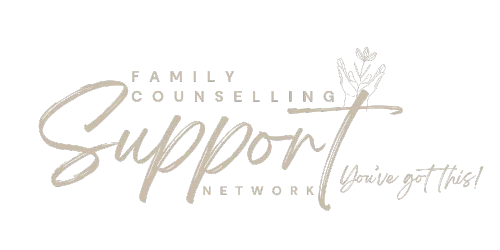
FAQS

We are here to help
Question 1
How can I book your online webinars and courses
Question 2
How can I add our business, event or activity to our directory?

Question 3
How does the parent directory work?


We are committed to protecting your personal information and respecting your privacy. This website uses cookies to analyze website traffic and optimise your website experience. By accepting our use of cookies, your data will be aggregated with all other user data.
DISCLAIMER: The material contained on this website is for general educational and information purposes only and is not a substitute for professional legal, financial, medical or psychological advice or care. While every care has been taken in the information provided, no legal responsibility or liability is accepted, warranted or implied by the authors or Family Counselling Support Network and any liability is hereby expressly disclaimed. For specific advice please contact us at info@familycounsellingsupportnetwork.com. All information contained on the website remains the intellectual property of Family Counselling Support Network and is for your personal educational use only. The information must not be reproduced or distributed without the express permission of Family Counselling Support Network.
Family Counselling Support Network acknowledges and respects the First Nations Custodians of the land where our offices stand, and where we work to help Australians. We pay respects to their Elders, past present and emerging, lore, customs and creation spirits. We recognise that these lands have always been places of ceremony, teaching, research and learning, and we acknowledge the important role Aboriginal and Torres Strait Islander peoples play in our community.
We are committed to providing an inclusive and accessible environment where people and communities of all identities and backgrounds are accepted, safe and celebrated.
Privacy Policy | Terms and Conditions
